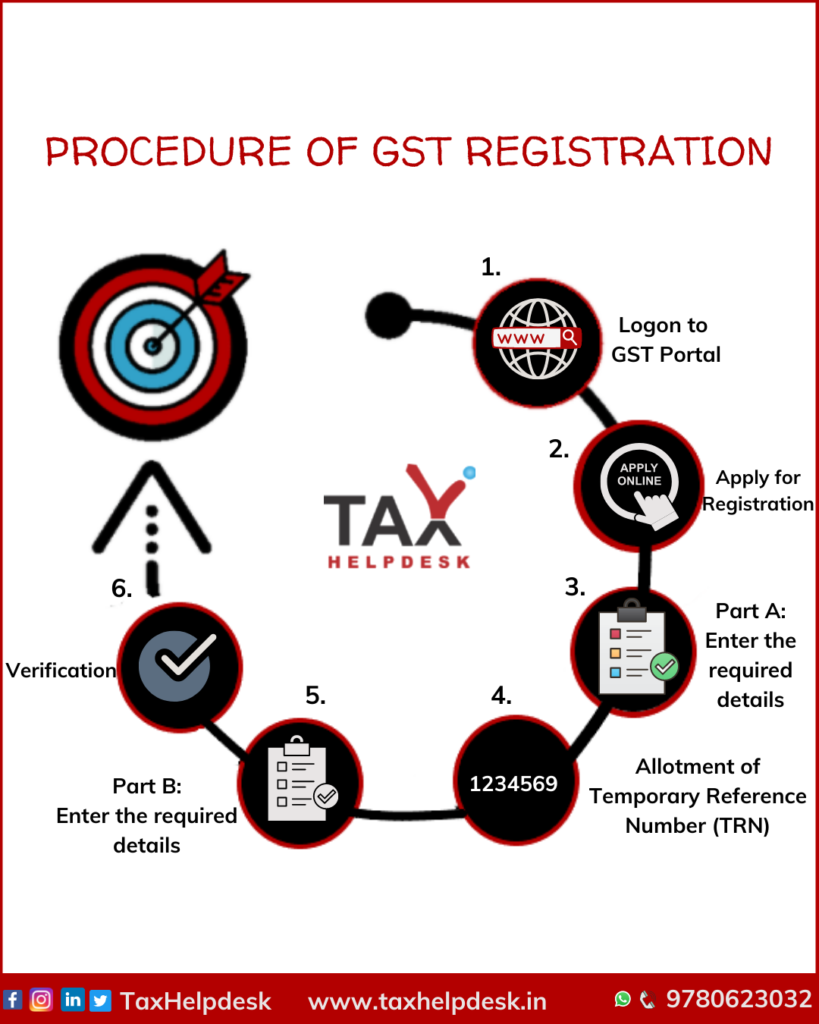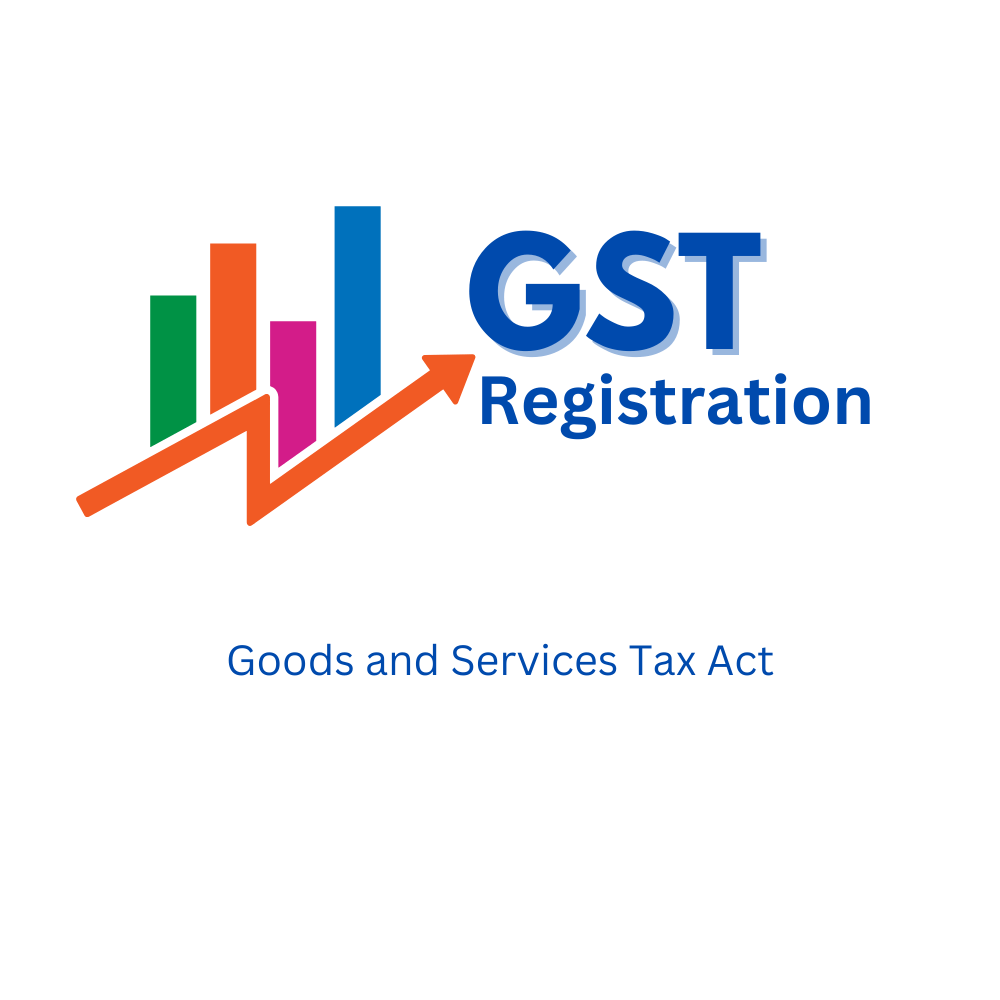Comprehensive Guide to the most effective GST Registration Services in Singapore
Comprehensive Guide to the most effective GST Registration Services in Singapore
Blog Article
From Beginning To End: The Ultimate Roadmap to GST Registration for Businesses Looking For Financial Security
Navigating the intricacies of Product and Provider Tax Obligation (GST) registration is an essential action for organizations aiming for financial security. Breaking down the roadmap right into manageable steps can enhance the enrollment journey for organizations looking to improve their financial standing.
Understanding GST Fundamentals
Diving right into the basic principles of Item and Provider Tax Obligation (GST) is necessary for gaining a detailed understanding of its effects on services and the economic situation. Input Tax Credit (ITC) is a considerable function of GST, enabling services to declare credit score for taxes paid on inputs, minimizing the total tax obligation burden. Understanding the essentials of GST is important for companies to comply with tax regulations, handle their funds efficiently, and add to the nation's financial growth by participating in a transparent tax obligation system.
Qualification Standards for Enrollment
To sign up for GST, businesses need to meet details eligibility requirements established by the federal government. The primary eligibility demand is that any kind of organization entailed in the supply of products or solutions with a yearly accumulation turnover over the threshold limitation set by the authorities should sign up for GST. Since the current policies, the threshold limitation for GST enrollment is a yearly aggregate turnover of 40 lakhs for organizations operating within a state, besides unique classification states where the limit is 20 lakhs. In addition, particular organizations are called for to register for GST irrespective of their turnover, such as interstate suppliers, casual taxable individuals, and companies reliant pay tax obligation under the reverse cost device. It is critical for organizations to completely examine their turnover and transaction kinds to determine their GST enrollment responsibilities precisely. Failure to sign up for GST when eligible can bring about fines and legal effects, making it essential for companies to stick to the specified qualification standards.
Records Required for Registration
Having met the eligibility requirements for GST registration, services have to now guarantee they have the requisite papers in place to wage the enrollment procedure effectively. The records needed for GST registration generally include evidence of service constitution, such as collaboration act, enrollment certification, or unification certification for different types of organizations. Furthermore, companies need to supply files establishing the principal location of business, such as a rental arrangement or electrical energy bill. Frying pan card of business, as well as the identification and address proof of promoters/partners/directors, are essential for verification objectives. Savings account declarations, along with canceled cheques or a copy of the financial institution passbook, are needed to confirm the financial details offered throughout registration. Furthermore, companies have to have electronic signatures ready for the accredited signature. Making sure all these files are organized and readily available will accelerate the GST enrollment process, making it possible for businesses to adhere to tax policies flawlessly.
Step-by-Step Registration Refine
Commencing the GST registration procedure includes a collection of organized actions to guarantee a compliant and smooth enrollment for companies. The initial action is to visit the GST site and load out the registration kind with accurate details of business entity. Following this, the Website applicant gets a Short-lived Reference Number (TRN) which is made use of to return to the application procedure if it's not completed in one go.
Following, all needed files based on the checklist provided by the GST portal requirement to be submitted. These papers usually include proof of company address, identification and registration proofs of marketers, financial declarations, and company entity's PAN card.

Post-Registration Compliance Guidelines

Conclusion
Finally, businesses looking for financial stability needs to understand the fundamentals of GST, satisfy qualification criteria, gather needed documents, follow the detailed enrollment procedure, and abide with post-registration standards - Best GST registration services in Singapore. By adhering to these steps, companies can make sure compliance with tax obligation laws and maintain financial stability in the lengthy run
Furthermore, specific businesses are needed to sign up for GST regardless of their turn over, such as interstate suppliers, casual taxable persons, and services responsible to pay tax obligation under the reverse fee mechanism.Having fulfilled the eligibility criteria for GST enrollment, services must currently guarantee they have the requisite records in location to continue with the site web enrollment process efficiently. The files required for GST registration generally consist of proof of organization constitution, such as partnership action, reference enrollment certificate, or consolidation certificate for various kinds of services. Additionally, businesses require to supply documents establishing the principal location of organization, such as a rental agreement or electricity costs.Commencing the GST enrollment procedure includes a collection of organized steps to make certain a certified and seamless registration for businesses.
Report this page